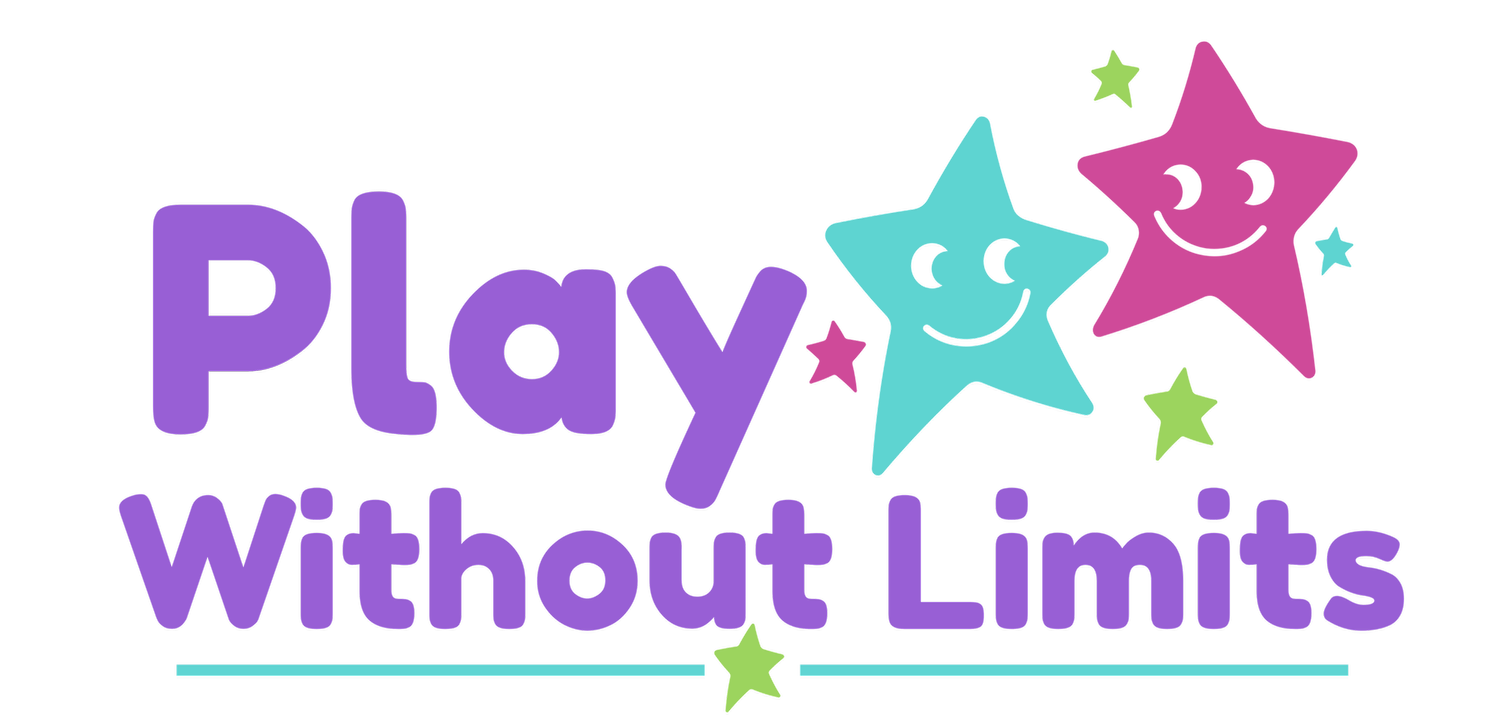
Frequently Asked Questions
-
We are excited to expand our services and provide occupational therapy in selected schools in Duval and St. Johns Counties. So, instead of taking your child to a clinic, we will come to their school. To request these services, the first step is to schedule a consultation here. Most likely, we will have to request permission from the school. Depending on your child's school requirements, it can just be filling out a form.
-
We’re able address a multitude of diagnoses that impact children’s ability to eat. So, it’s less about a specific diagnosis and more about helping children that struggle with mealtimes or emotional control.
-
Physician referrals for pediatric therapy are required in Florida. If you need help getting one from your physician, we’re happy to help with this process. Typically, it involves a quick phone call to your physician requesting a referral.
-
We are in the process of getting approved by insurance carriers, currently, we are in contract with FL Blue (Blue Cross and Blue Shield) and certified non-network TRICARE. You need to contact your insurance company to review your coverage (here is a list of questions that you can ask). We help walk you through exactly what your insurance plan covers and how to maximize the impact of therapy based on your specific coverage.
For families with other insurance providers, we are considered out of network and you’ll need to self-pay upfront. Many people are then able to submit to their insurance for reimbursement (your insurance provider can confirm their out-of-network reimbursement policy, (here is a list of questions that you can ask). We’ll provide you with a superbill which you can send to your insurance company to assist with reimbursement.
We will help where we can, but we also recommend that you contact your insurance company directly to get clear on your coverage for pediatric occupational therapy and review their processes for obtaining reimbursementnt.
In addition, our services also qualify as an eligible expense for HSA, FSA, or certain scholarships
-
Yes! We’ve seen telehealth work well in our own practice and the research backs this up too. A large study found telehealth sessions were just as effective as in person sessions and clients were equally satisfied with their care. We may not be able to provide hands-on care or use fancy equipment. But the goal of every therapy session no matter where it is held is to get positive results for real life. Telehealth is able to get these practical results because we see your real space, your real routines, and empower you as the caregiver with knowledge and strategies.
-
We recommend a family member or caregiver be present for the evaluation and all therapy sessions. Parents help with getting the session set-up, helping your child stay on task, and organizing any supplies.
Even more importantly, each session is a chance for you to learn and ask questions. Many times it's through doing and trying these things with your child that you learn how to do them too. You’ll understand what we’re doing and why so that you can easily implement the techniques throughout the day for faster progress and lasting change.
Occupational therapy isn’t a forever solution for your child. Instead, you as the parent are the long-term solution with the knowledge and new skills you will learn by participating in your child’s sessions.
-
We know you’d love to put your full attention into the session but might have other things going on. This could be a messy house in the background or other children who might interrupt. Don’t let these things stop you from getting treatment for your child. And really, no judgment here. If a messy house is part of your real-life we want to see that too.
We encourage you to do your best to minimize interruptions by selecting a quiet space or quiet time of day and putting your phone on silent. When your other children need you, feel free to step away to take care of their needs. Sometimes we even include siblings in sessions when needed or beneficial.
-
The idea of telehealth might be something new but we want to reassure you that it isn’t that very complicated or scary. Telehealth doesn’t require fancy equipment or a lot of knowledge about how to operate a computer. You really only need to click the link we provide.
Here’s what you need:
-Internet access, device with microphone and camera
-Prepare any items as directed via email prior to the session
-Login at appointment time via link
-Participate in your appointment
-
It’s common for people to feel skeptical of telehealth before giving it a try. You might be concerned because your child won’t sit long and complete activities or has a hard time connecting through the computer.
After working with countless clients via telehealth since March 2020, we’ve found ways to address these challenges. We structure our sessions based on the needs and abilities of your child and many children love virtual sessions. Our focus on caregiver education means the child doesn’t need to pay attention the whole time for therapy to be successful.
We understand that telehealth isn’t the perfect fit for every family. If you try telehealth OT and it just isn’t working for your child or situation, we promise clear and honest communication about how things are going. If needed, we’ll help you find a local or virtual occupational therapy provider who fits the needs of your family.
-
Sensory processing refers to the ability of the body and brain to work together to organize and respond to all the information from the senses both inside and outside your body. With sensory processing differences or disorders, the way the brain interprets or responds to the information makes it more difficult to go through everyday life. This could be because sensory information is being registered too much or too little.
Occupational therapy with a sensory processing framework addresses issues by providing specific activities to help the brain and sensory system work better together and also works to modify the environment or task to help a child be more successful.
-
No problem. Whether your child needs speech therapy, physical therapy, or something else – the most important thing is that your child gets the services he needs.
If we determine your child needs some other services, we'll provide the occupational therapy and help connect you with the right people. We curate a list of telehealth and community resources to give you the additional information you need.
We accept the following insurances:
PWL does not accept all plans within each insurance organization listed above. In addition, it does not guarantee that therapy services will be covered under your plan.
Please get in contact with our office to verify your benefit coverage.

